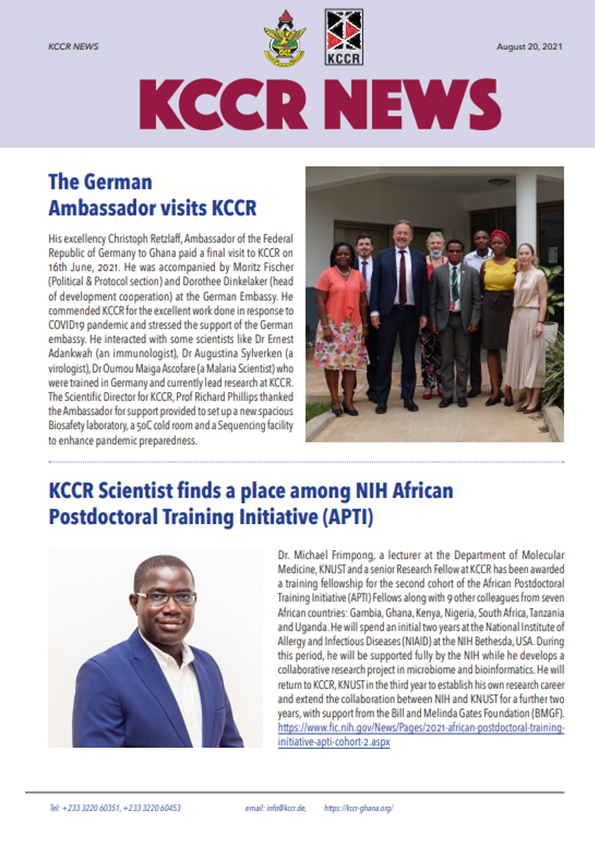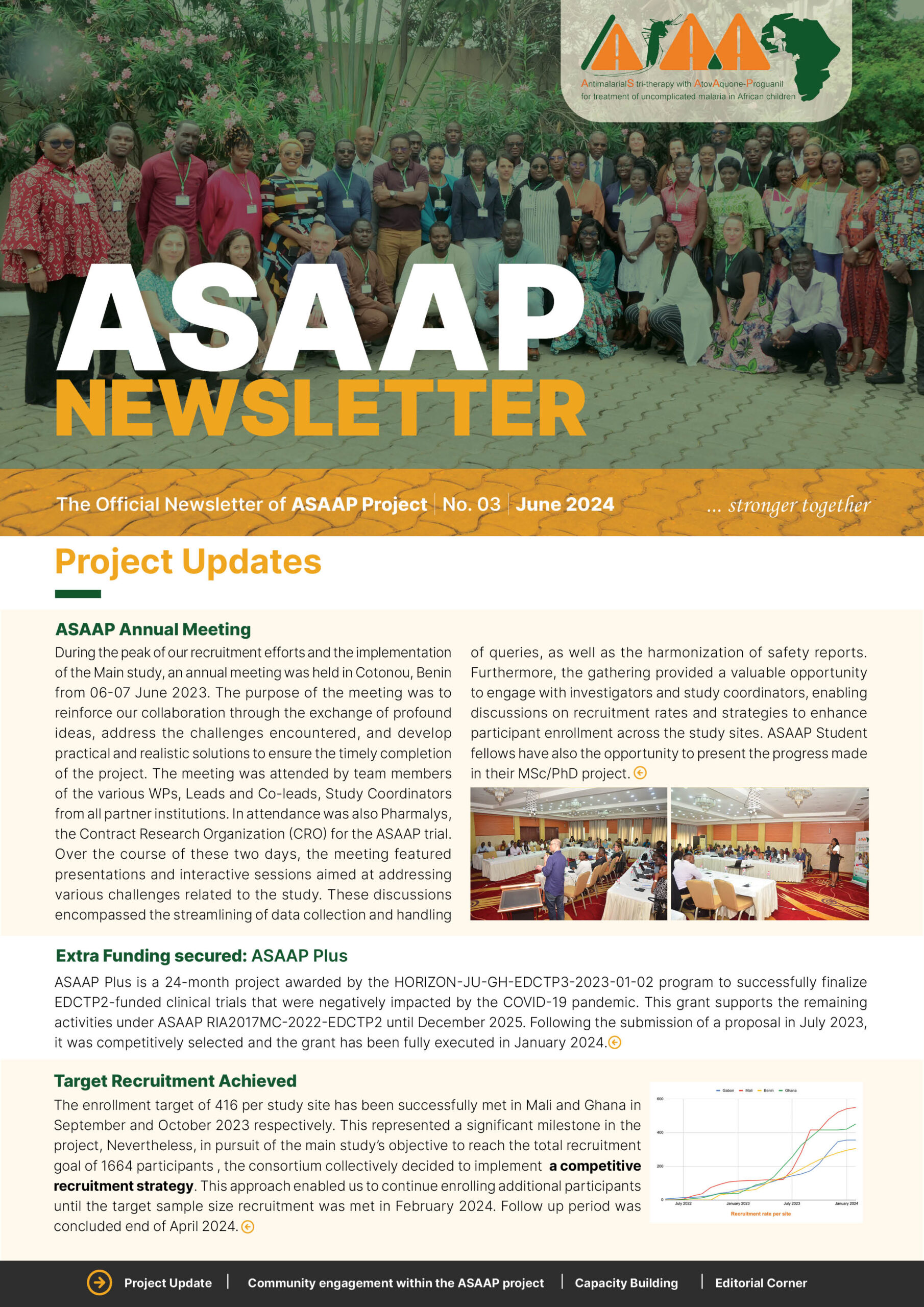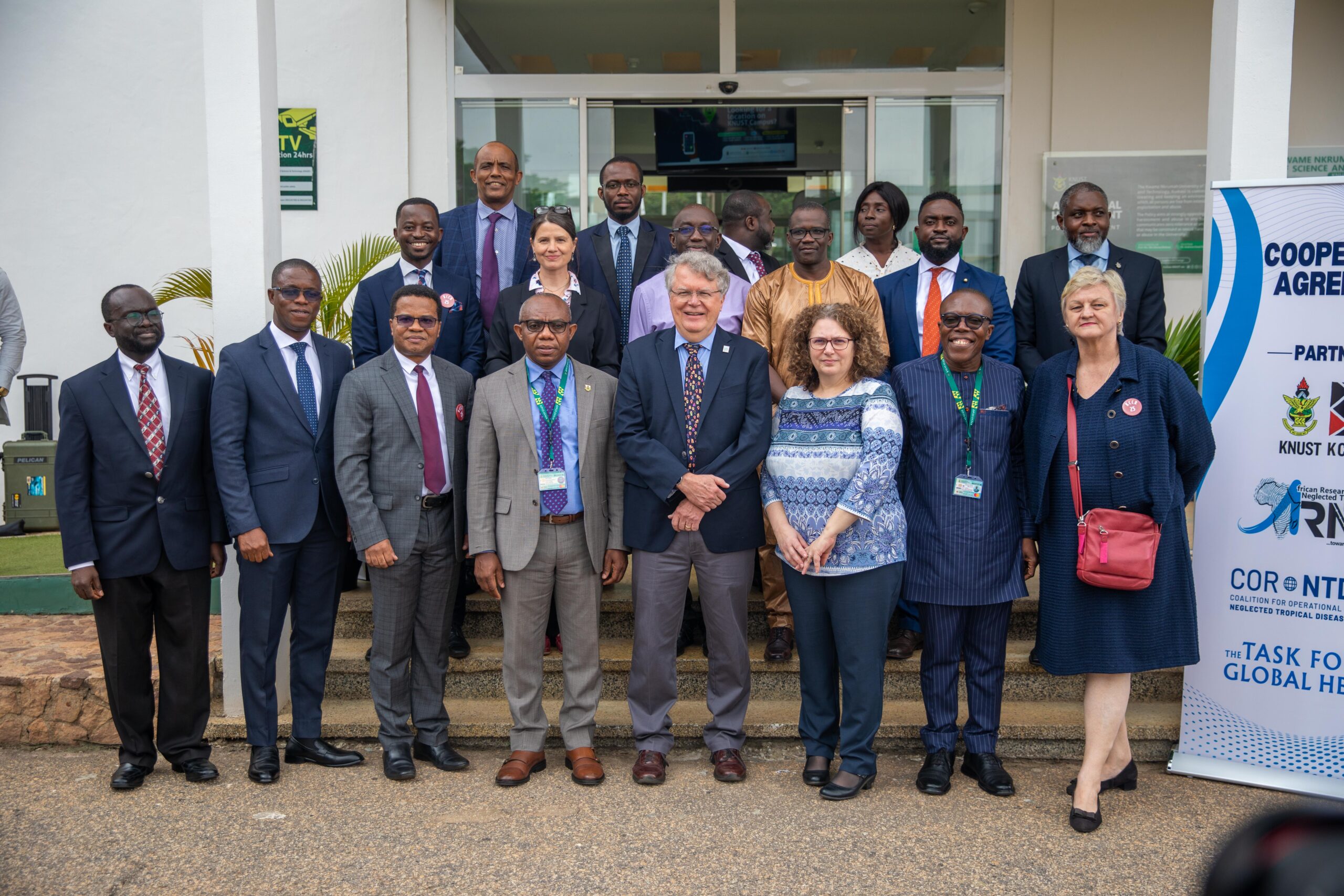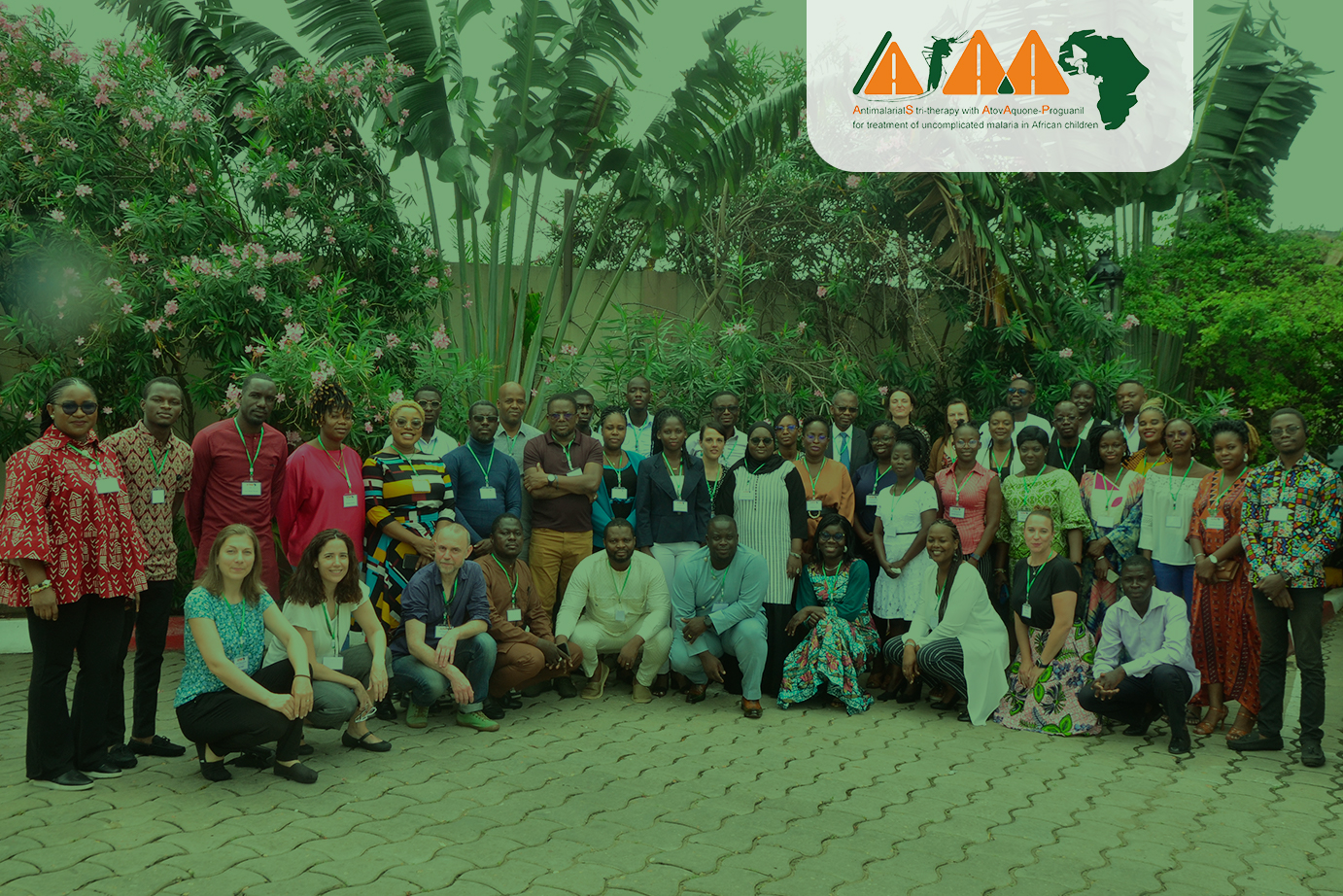Johannesburg, South Africa, 30th January 2024 – This week, expert scientists and clinicians from PediCAP and SNIP-AFRICA, two major research partnerships combatting antimicrobial resistance, convene in Johannesburg to present groundbreaking results and ways to advance antibiotic research tailored to the needs of children and their families.
Funded by the European & Developing Countries Clinical Trials Partnership (EDCTP), a partnership between Europe and Africa to tackle infectious diseases, the two international collaborations are set to strengthen the global response to antimicrobial resistance, one of the most critical threats to public health and development worldwide.
According to the World Health Organization, antimicrobial resistance was responsible for 1.27 million global deaths in 2019, with 1 in 5 being children under the age of 5. African countries, due to limited resources and variable access to optimal medications, are disproportionately affected by rising levels of antimicrobial resistance, posing significant challenges to child health.
“Preventing infections and identifying optimal treatment regimens are critical to reducing mortality rates in children. As antimicrobial resistance hits resource-limited countries the hardest, studies assessing old or new antibiotics must include patients from these countries” says Sithembiso Velaphi, Full Professor with the University of the Witwatersrand, and Head of Paediatrics and Child Health at Chris Hani Baragwanath Academic Hospital (South Africa).
Building on a successful collaboration in paediatric infectious diseases, researchers and clinicians from PediCAP and SNIP-AFRICA, both led by Penta – Child Health Research, are pioneering innovative interventional research to address the urgent challenge of childhood infections like pneumonia and neonatal sepsis in children in Africa.
“Current methods for obtaining reliable evidence on which of the many antibiotic regimens in common use should really be recommended, and how long antibiotics should be given for, are very inefficient. This means that children are likely not getting the best treatment”, Sarah Walker, Professor of Medical Statistics and Epidemiology at the MRC Clinical Trials Unit at University College London, explains. “PediCAP and SNIP-AFRICA are the first trials to use two exciting new designs that allow us to compare many more different treatment options more effectively and efficiently, getting better treatments for children faster.”
Over the past five years, PediCAP’s main clinical trial has evaluated the optimal drug, dose and duration of oral step-down antibiotics for children aged between 2 months to 6 years, hospitalised with severe or very severe community-acquired pneumonia.
“Current treatment guidelines recommend intravenous antibiotics, but PediCAP aims to determine if oral step-down antibiotics are as effective, potentially reducing hospital stays and antibiotic treatment duration, thereby minimising the risk of antimicrobial resistance”, explains David Moore, Professor of Paediatric Infectious Diseases at Chris Hani Baragwanath Academic Hospital and at the University of the Witwatersrand (South Africa).
The results of PediCAP’s main trial will be discussed at the upcoming meeting on February 1st-2nd and will be widely disseminated thereafter.
Expressing her optimism, Julia Bielicki, Senior Researcher at St George’s, University of London, AMR Research Lead at Penta and Scientific Coordinator of SNIP-AFRICA, commented on the dedication of everyone involved in PediCAP: “It’s inspiring to see how they fully embraced the complex trial design; despite its novelty and challenges, they were all motivated by the goal of bringing better medicines for children. We’re hopeful for similar positive engagement with SNIP-AFRICA, to address its comparable complexities.”
SNIP-AFRICA will conduct a clinical trial and pharmacokinetic studies to identify the optimal antibiotic dose and regimens that can significantly reduce mortality rates caused by drug-resistant sepsis in newborns.
“Over 214,000 newborn babies die of drug-resistant sepsis every year. This is a rising and urgent challenge, especially among newborns in African countries. It is crucial to identify new treatment regimens which could be lifesaving for newborns. It is important to identify the right drug(s) at the right dosage to treat newborns with sepsis”, says Sally Ellis, Children’s Antibiotics Project Leader for the Global Antibiotic Research & Development Partnership (GARDP).
SNIP-AFRICA will formally commence its activities with an in-person meeting in Johannesburg on January 30th-31st.
Both projects aspire to establish an active community of practice for researchers and clinicians, ensuring that research and research findings are integrated into medical practice. Furthermore, PediCAP and SNIP-AFRICA’s long-term goal is to equip participating teams in the South and the North with lasting capability to run, lead and design innovative interventional research, emphasising a commitment to addressing local needs, and tailoring effective interventions to the African context. The projects will cement the leading role of EDCTP as a funder supporting pioneering research into childhood antibiotics and antimicrobial resistance.
As PediCAP concludes its trial and SNIP-AFRICA kicks off its activities, these projects mark a pivotal moment in advancing the evidence base for infectious diseases impacting neonates and children.






